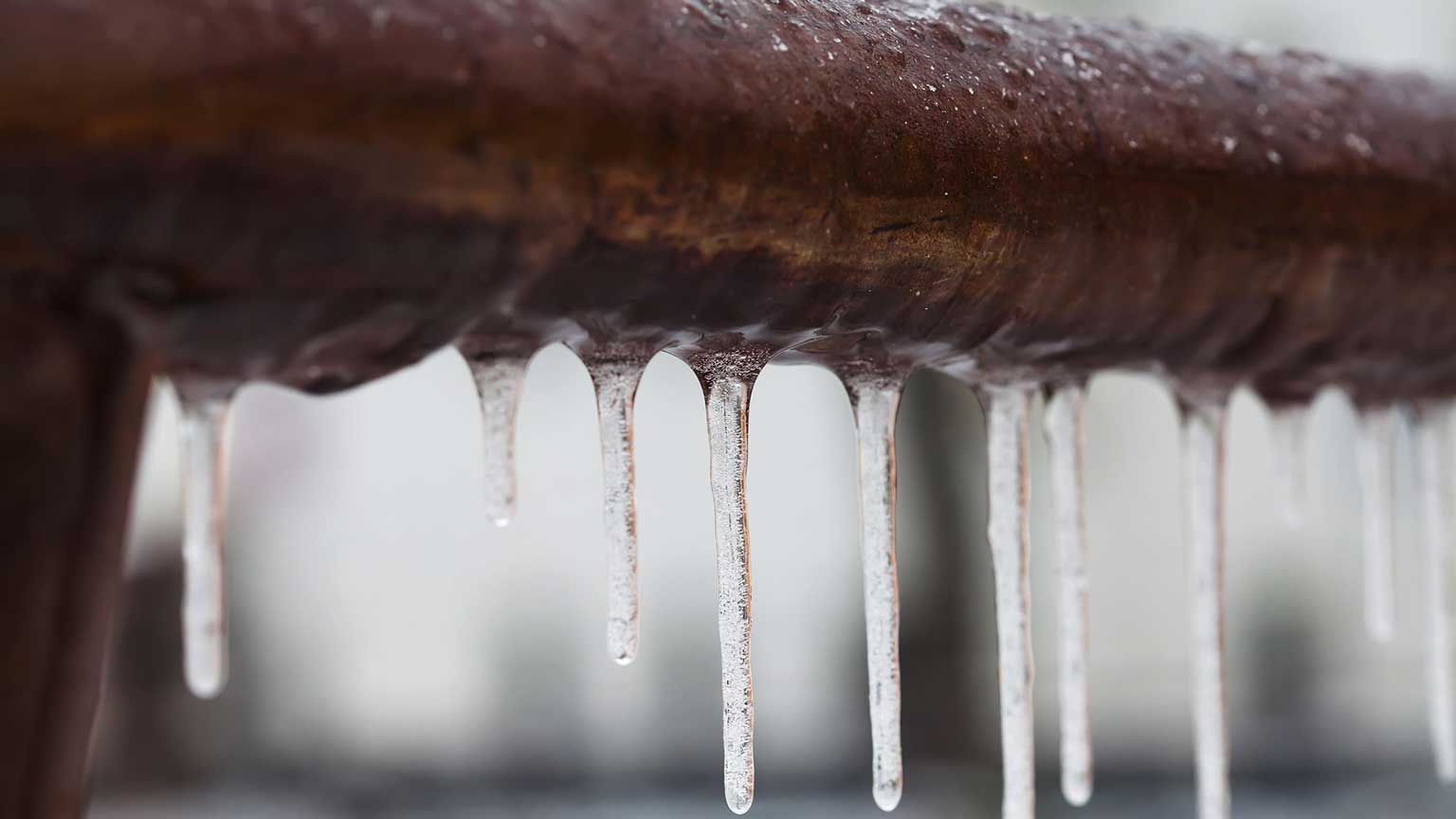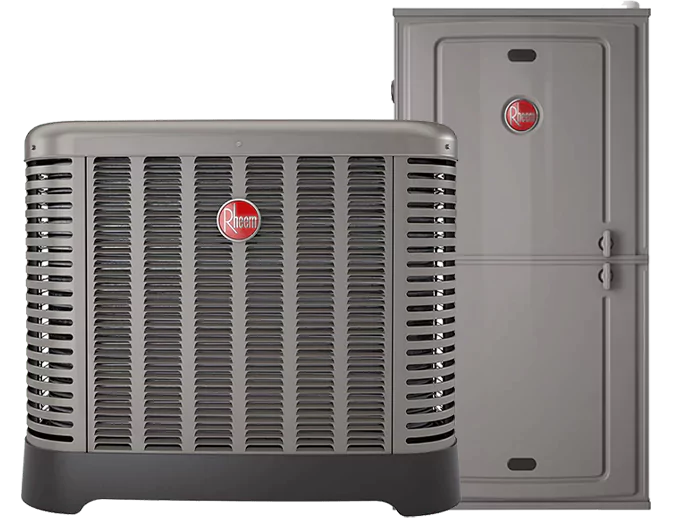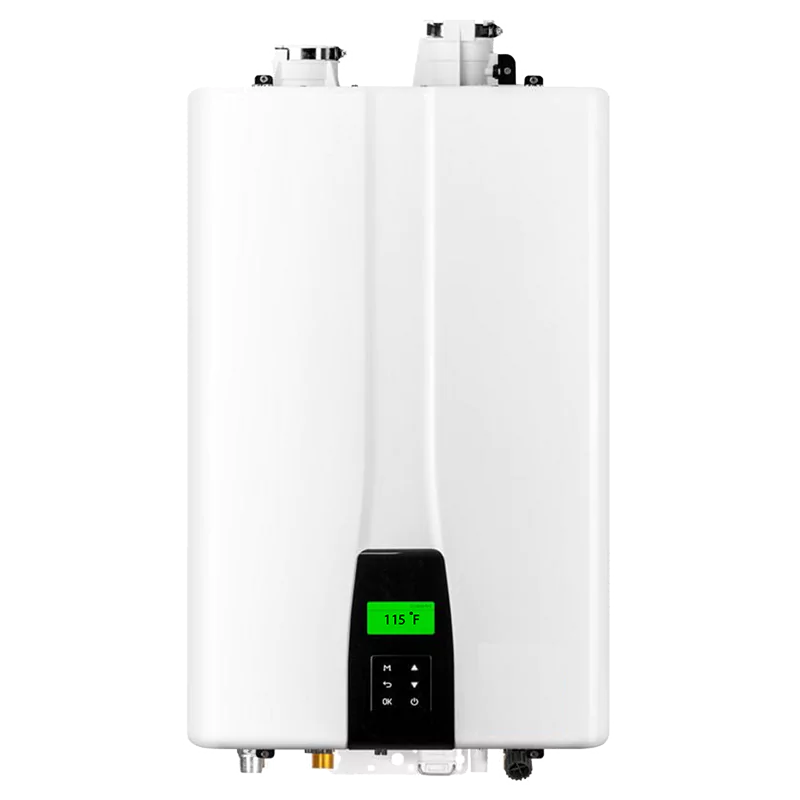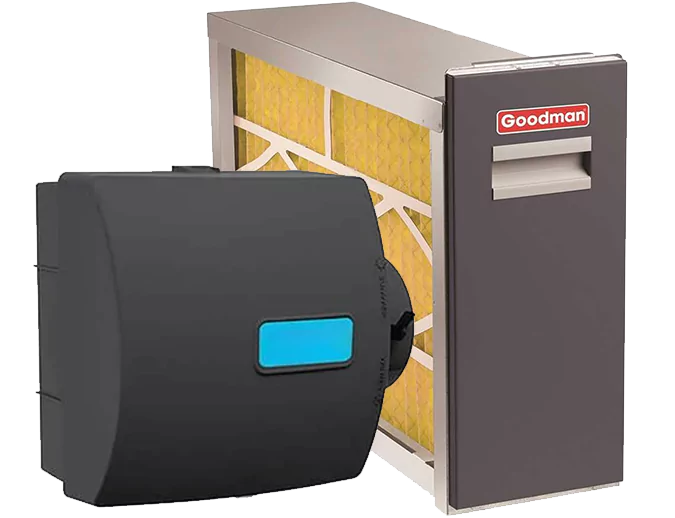Ten thousand dollars. That’s the average insurance claim related to “water damage and freezing,” according to the Insurance Information Institute. Each year, one in 50 homeowners will file such a claim—and we’re guessing that you, like all Calgary plumbing customers, would rather not be that “lucky” one. In fact, you’d rather not endure the hassle of any sort of insurance claim, let alone one that involves the word water.
Of course, when it comes to preventing busted water pipes (or burst water pipes, for you card-carrying members of the Grammar Police Association), it’s not just about the headache: the paperwork and clean-up and deductible (ouch). It’s about heartache, too. Imagine a ruined wedding photo album. A hopelessly warped antique dining hutch that you’d been saving for your grandkids. A water-soaked, and then mildewed, favorite chair—like that ghastly (but remarkably comfy) mustard-yellow, spinner-rocker-recliner you’ve had since your college days.
All joking aside: Frozen pipes can obviously cause horrific damage to both your home and your belongings.
How Frozen Pipes Burst
Let’s head back to elementary school science class for just a sec. When water freezes, it expands. (Apparently water is a unique liquid in this regard!) If there’s enough water in a particular pipe, and/or if said pipe has a defect, the expanding liquid-now-solid creates sufficient pressure to rupture the pipe. A crack as small as ⅛” can release 250 gallons of water per day—so don’t assume your pipe has to burst in a dramatic or even obvious fashion to do massive damage. Fortunately, burst pipes are usually a preventable problem.
Tips for Avoiding Frozen Water Pipes
- Insulate exposed pipes: If you have plumbing pipes and fixtures in unheated areas of your home, such as your garage, basement, attic, or crawlspace, it’s wise to insulate them. Home improvement stores carry affordable insulation kits.
- Keep your garage door closed: If your garage is unheated and you happen to have plumbing pipes running through that area, you’ll need to keep it as warm as possible.
- Drain your garden hoses and hose bibbs: Disconnecting and draining your garden hoses will extend the life of the hoses themselves and will prevent your outside faucets (also called hose bibbs) from freezing. To make absolutely certain the bibbs don’t freeze—along with the pipes they’re connected to—turn off the inside water supply line, and then open the bibbs to allow excess water to drain out. (Don’t forget to close them before turning the main water back on.) If your home doesn’t have frost-free hose bibbs, consider insulating them or swapping them out before the temps really drop.
- If you’re heading out for vacation, turn off your water: If you plan to be away for a few days, go ahead and turn off your water. Then, drain the pipes by turning on a few faucets. Again, make sure you turn the taps off again before you turn your main water valve back on.
- Allow your faucets to drip: Allowing a trickle of water to run through the faucets relieves pressure if standing water in your pipes happens to freeze. This is particularly important in extremely cold temperatures and/or if you live in a mobile home. Note: Don’t let faucets on exterior walls trickle. If the temp drops far enough, the water in the drain could freeze, which could overflow your sink.
- Open vanity cabinets: If your bathrooms are particularly chilly, leave your vanity cabinet doors open so warm air from the room can circulate around the pipes. You can also point a portable heater inside the cabinet. Same with the cabinet under your kitchen sink.
- Check for drafts: Feel for drafts near places where pipes, cables, and wires enter your home. If you feel cold air surrounding any uninsulated pipe, use expandable foam to seal off the drafts.
- Inspect your pipes: If you have any exposed pipes, look for bulges. If you find any, that means water has frozen in that spot in the past, and you’re lucky you didn’t have a disaster at that point! Any weakness in your pipes should be addressed by a professional Calgary plumber right away.
- Don’t turn off your furnace: If you’ll be away from home for an extended period of time, it’s fine to turn your heat down to save money on your utility bill—but don’t turn off your furnace entirely.
What to Do If Your Pipes Freeze
If you suspect one of your pipes has frozen, turn off your main water valve (just in case there’s already a rupture), leave the taps open, and call us for help. There are several methods to warming a frozen pipe, and we’d love to make sure you’re using the safest, most-effective option. If you insist on trying to handle the situation yourself, never ever use an open flame, and don’t use an electric appliance such as a hair dryer or space heater in standing water.





